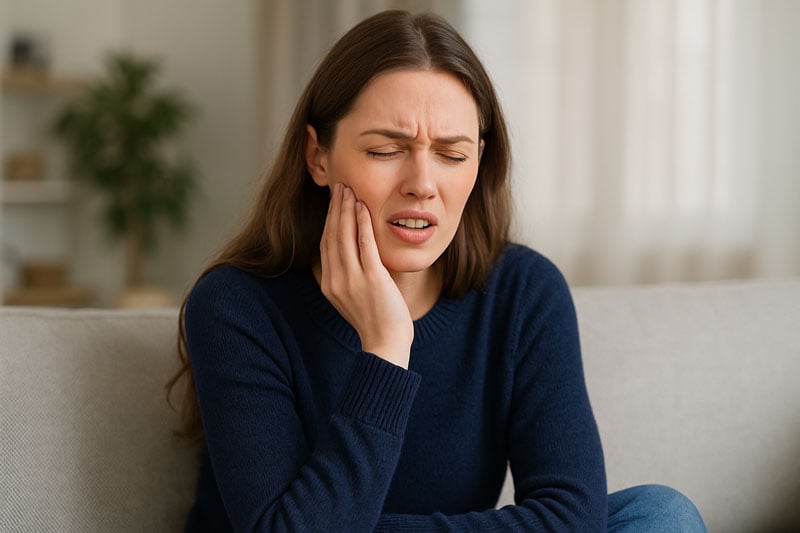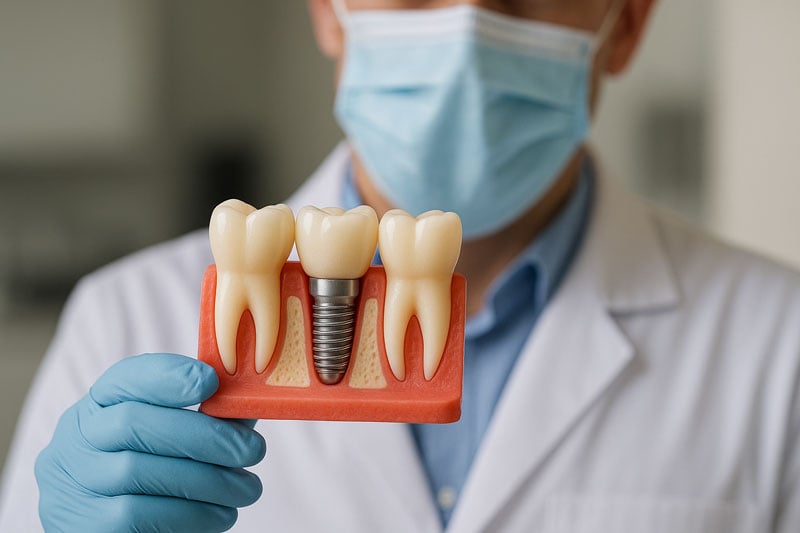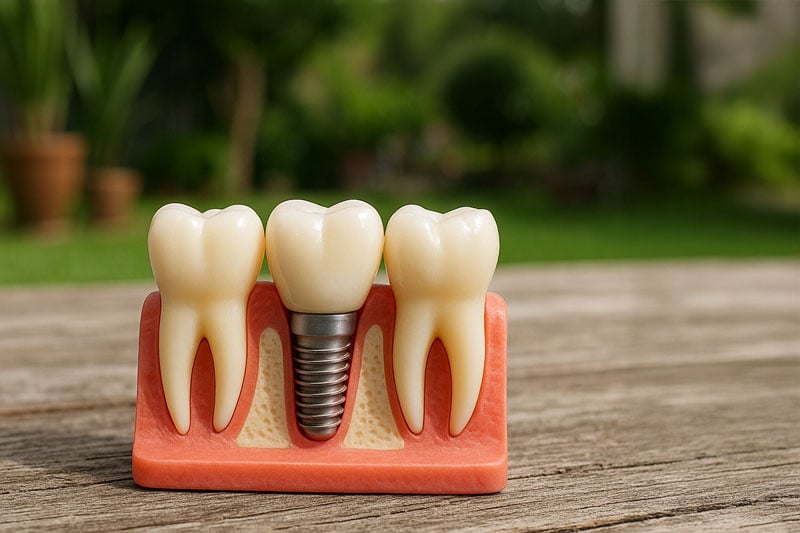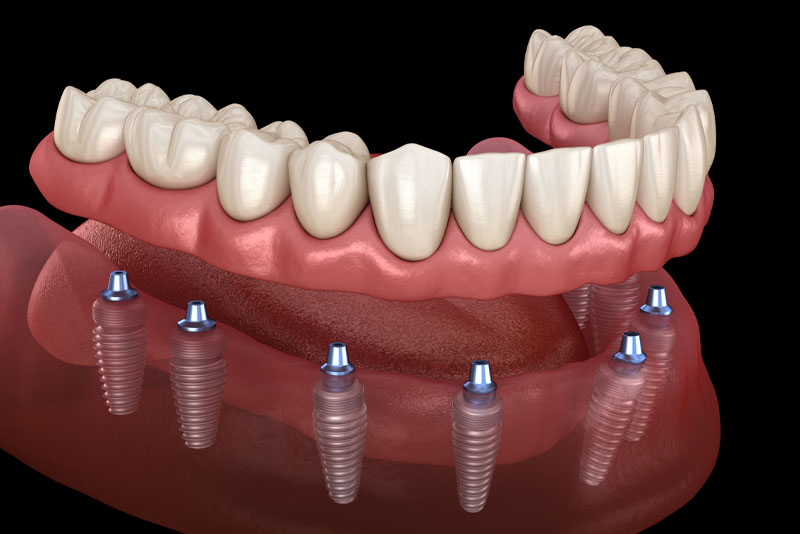Dental Blog - Las Vegas & Henderson, NV
Dental Blog

Understanding The Basics Of TMD

The temporomandibular joint (TMJ) attaches the jaws to the skull, facilitating movements in the mouth relating to eating, speaking, and other functions. It helps the lower jaws (mandibles) to pivot around the temporal bone on the side of the head. You can feel it in action by pressing your fingers to your cheeks right in front of your ear and then opening and closing your mouth. When you open and close your mouth, the rounded ends of the lower jaws called condyles roll on a disc around the joint socket of the temporal bone.
What Are Temporomandibular Joint Disorders?
Symptoms relating to TMJ problems are generally called temporomandibular joint disorders or TMD. These problems are usually quite elusive to diagnostics, but they’re usually believed to be caused when the TMJ suffers from cartilage damage, strain and muscle fatigue, arthritis, excessive jaw clenching and teeth grinding, and impacts from accidents.
TMD symptoms range from myofascial pain – difficulties controlling jaw functions and the muscles of the neck and shoulders – to dislocated jaw, displaced disc, condyle injuries, and, in rare cases, degenerative joint diseases such as arthritis in the jaws. Other common symptoms include headaches, pains radiating from the jaws, shifting teeth, earaches, hearing problems, and dizziness.
The Best Treatments For TMD
Thankfully, most people who experience TMD usually deal with mild, temporary and occasional symptoms that go away with little or no treatment. For those with severe symptoms, we’ll use state-of-the-art tools and techniques, including TMJ x-rays, MRI, tomography, etc., to evaluate the main cause of the condition and offer effective treatment options. We’ll diffuse the pressure on the maxillofacial muscles and remedy the condition using either conservative treatments or surgical procedures.
Most times, we recommend just simple, conservative treatments which entail the use of devices such as splints, physical therapy, muscle relaxers, and anti-inflammatory drugs. Self-care practices like eating soft foods, using heat or ice packs, and avoiding extreme jaw movements can also promote quick recovery. Reach out to us today to get highly effective treatment options for your TMJ problems.




